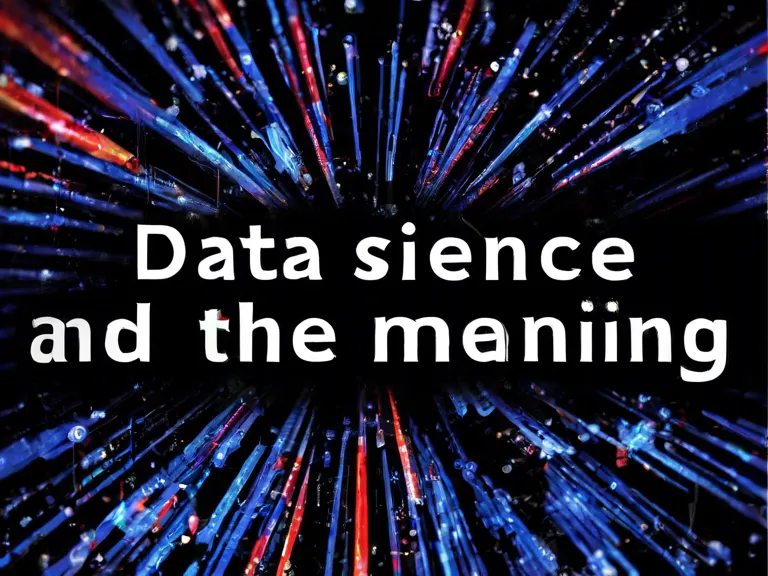
Data science has revolutionized decision-making in countless industries, but it's important not to overlook the human side of data analysis. Beyond the numbers and algorithms lies a world of real-life implications and consequences. In this article, we explore the importance of understanding the human element in data science when making crucial decisions.
When it comes to decision-making, data science can provide valuable insights and predictions based on statistical analysis and machine learning algorithms. However, these insights are just one piece of the puzzle. A decision made solely based on data may fail to account for the human factor – emotions, biases, and ethical considerations that can significantly impact the outcome.
By exploring the human side of data science, we can better understand the context in which data is collected and analyzed. For example, data on customer preferences may reveal patterns and trends, but it's crucial to consider the underlying reasons behind these preferences. Is it due to changing societal norms, cultural influences, or personal experiences?
Moreover, data science must also take into account the ethical implications of its findings. For instance, algorithms used in decision-making processes may inadvertently perpetuate biases if not carefully monitored and adjusted. Understanding the ethical implications of data analysis is essential to ensure fair and just decision-making.
In conclusion, while data science provides powerful tools for decision-making, it's essential to remember the human side of the equation. By considering the emotions, biases, and ethical considerations inherent in data analysis, we can make more informed and responsible decisions that truly benefit society as a whole.


